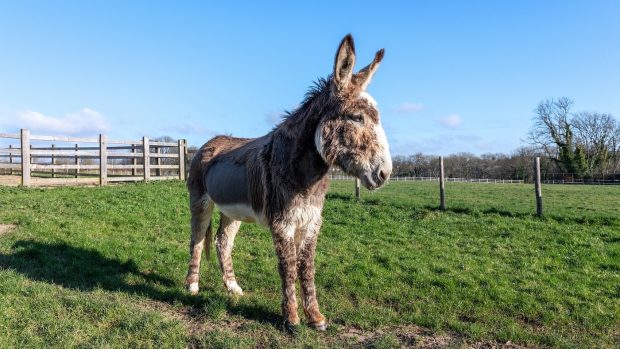A model of a horse’s hindgut is being created by scientists, to help understand the effects the organ has on a horse’s health.
During the two-year project, which will start in January, the model will be tested to see how realistically it represents the bacterial environment and the metabolic activity rate of the normal horse gut.
Disturbances in gut bacterial populations are known to affect not just digestion, but also immunity, risk of cancer, bodyweight and even bacteria.
“This will allow us to characterise gut bacterial populations and to measure how these change in response to diet and to medication such as antibiotics,” said Professor Chris Proudman, head of the vet school at the University of Surrey, who will be working on the project.
“Intestinal disease [colic] is the single biggest cause of death in horses; this work will allow us to identify novel ways of maintaining a healthy gut through dietary intervention.”
The University of Surrey, in collaboration with Reading and Liverpool universities, will carry out the research, after being awarded £100,000 by the Petplan Charitable Trust.
“A better knowledge of the gut will have a beneficial impact on horse health and welfare,” Ted Chandler of the Petplan Charitable Trust told H&H.
“We hope that by understanding how diet can cause disturbance of hindgut microbial populations, we will learn to mitigate the cause of conditions such as colic, chronic diarrhoea and laminitis.”
In spite of their importance to health and performance, scientists say very little is known about the horse’s gut bacteria.
Ref: H&H 11 December, 2014




